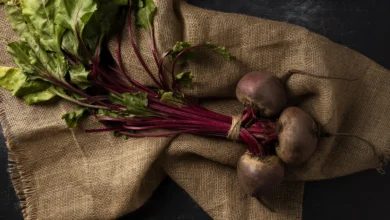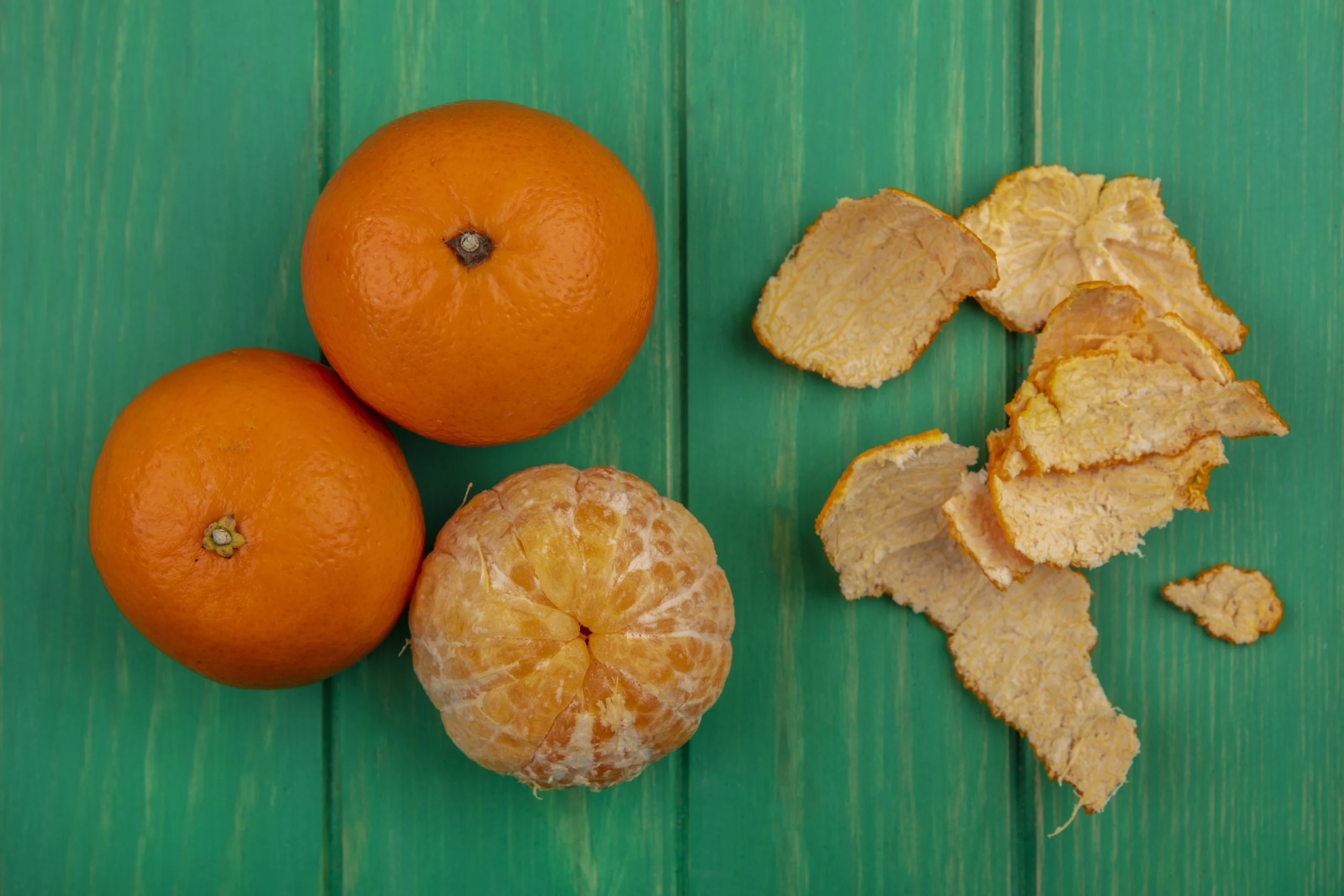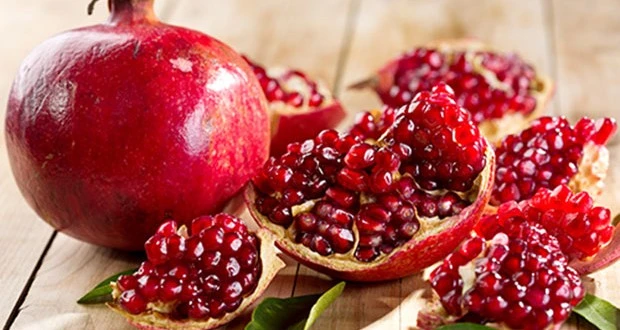Natural remedies to aid digestion after heavy meals
We’ve all been there — enjoying a rich, delicious meal, only to be left with that heavy, uncomfortable feeling afterward. Whether it’s bloating, sluggish digestion, or mild discomfort, your body sometimes needs a little help to get things moving. Fortunately, there are several natural remedies that can support your digestion and help you feel better faster. These gentle solutions can be prepared at home with simple ingredients and don’t rely on harsh medications or artificial products.
Why Digestion Slows After Heavy Meals
Large or greasy meals require more effort from your digestive system. Foods high in fat, sugar, or starch can slow down the natural digestive process, especially if you’re eating late at night, eating too fast, or combining many rich foods at once. This can lead to bloating, gas, and a general sense of discomfort.
Using home remedies helps stimulate digestion, relieve pressure, and promote a more balanced gut response.
1. Sip Warm Ginger Tea
Ginger is one of the most effective natural aids for digestion. It stimulates saliva, bile, and gastric juices, which all help your stomach break down food more efficiently.
How to prepare:
- Slice a few pieces of fresh ginger root
- Boil in water for 5–10 minutes
- Strain and drink while warm
You can also add a bit of lemon or honey for flavor. Sip slowly after meals to reduce bloating and support digestion.
2. Go for a Light Walk
Moving your body after eating can help food pass more quickly through your digestive tract. A gentle 10–15-minute walk — even just around your home — can make a noticeable difference in how you feel. Avoid lying down immediately after a meal, as this can slow digestion and increase discomfort.
3. Drink Warm Lemon Water
Lemon helps stimulate the liver and promotes bile production, both of which aid digestion. Warm water is gentler on the stomach than cold, and the acidity of lemon can support enzymes that help break down food.
Simple recipe:
- Squeeze half a lemon into a cup of warm water
- Drink slowly about 20–30 minutes after eating
This also helps rehydrate your body, which is essential for digestive health.
4. Try Fennel Seeds
Fennel seeds are widely used in many cultures to ease post-meal discomfort. They reduce bloating, support digestion, and help relieve gas.
How to use:
- Chew 1/2 teaspoon of fennel seeds after a meal
- Or, make fennel tea by steeping the seeds in hot water for 10 minutes
Fennel has a naturally sweet, slightly licorice-like taste and is gentle on the stomach.
5. Use Apple Cider Vinegar Before Eating
If you tend to feel heavy or bloated after meals, apple cider vinegar (ACV) can help stimulate stomach acid production — especially useful if you experience indigestion from low acid levels.
How to use it:
- Mix 1 tablespoon of ACV in a glass of warm water
- Drink 15 minutes before a heavy meal
This may not be suitable for everyone, especially if you have acid reflux. Start small and observe how your body responds.
6. Eat a Slice of Pineapple or Papaya
These tropical fruits contain natural enzymes — bromelain in pineapple and papain in papaya — that help break down proteins and speed up digestion.
Eat a few small pieces as a light dessert after meals to aid digestion naturally. Just be careful not to overdo it, especially with canned versions that may contain added sugar.
7. Make a Digestive Herbal Blend
Combine digestive herbs into a soothing tea for post-meal relief. Good herbs to include:
- Peppermint (soothes the digestive tract)
- Chamomile (relieves bloating and gas)
- Licorice root (supports the stomach lining)
- Dandelion root (stimulates digestion and detoxification)
Steep a mix of these herbs for 10 minutes and drink warm. A simple blend of peppermint and chamomile works well on its own too.
8. Add Bitters to Your Routine
Digestive bitters are herbal extracts that stimulate the production of digestive enzymes. A few drops of bitters in water before a meal can help the stomach prepare for what’s to come.
Bitters are available in most health stores and usually contain ingredients like gentian, dandelion, or orange peel. Always follow the recommended dosage.
9. Avoid Overeating by Eating Mindfully
One of the best ways to support digestion is to prevent the problem in the first place. Eat slowly, chew your food thoroughly, and listen to your body’s hunger and fullness cues. Eating mindfully helps your stomach keep up with what you’re giving it.
Set your fork down between bites, avoid distractions like screens while eating, and pause halfway through your meal to check if you’re already satisfied.
10. Lie in a Gentle Resting Position
If you do need to lie down after a meal, lie on your left side. This position supports digestion due to the natural shape of the stomach and intestines. Lying on your right side or back can slow the process or increase reflux.
A short rest — not a full nap — in this position can help your body digest more comfortably.
Gentle Care for Your Gut
Supporting digestion doesn’t have to involve pills or drastic measures. With the right natural habits, you can reduce bloating, discomfort, and that sluggish post-meal feeling. These home remedies are safe, accessible, and easy to incorporate into your routine.
Your digestive system is at the heart of your energy, mood, and overall wellness. Treat it kindly, and it will return the favor with more comfort and balance every day.

Hello! My name is Alan Teixeira and I am passionate about helping people live healthier, more balanced lives. From mindful eating to daily habits that promote physical and mental well-being, I believe that small, consistent changes can lead to powerful transformations.
I created this blog to share practical tips, reliable information, and thoughtful insights that can inspire you to take better care of yourself—with balance, mindfulness, and positivity.
If you are looking to improve your health, nourish your body, and build a lighter, more fulfilling routine, you are in the right place. Welcome!





